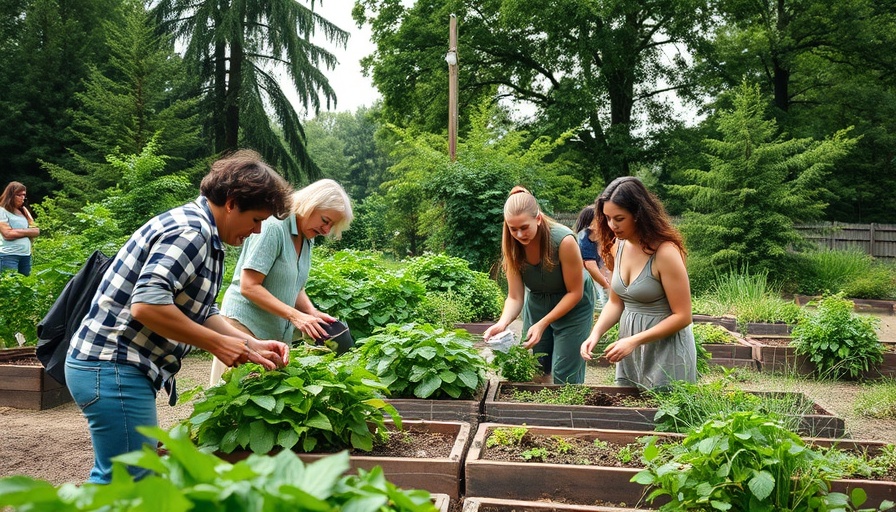
Revitalizing the Industry with Regenerative Practices
Suntory, a renowned name in beverages, is setting a bold example in the realm of ecological stewardship by substantially doubling down on its regenerative agriculture initiatives. As boutique hospitality operators increasingly seek sustainable practices, the company’s efforts offer a blueprint for integrating environmental responsibility into supply chains. By promoting regenerative agriculture, Suntory aims to restore soil health while also ensuring that existing ecosystems thrive, all while addressing the challenges posed by climate change.
What is Regenerative Agriculture?
Regenerative agriculture goes beyond conventional sustainability measures by actively improving and healing our ecosystems rather than merely sustaining them. This innovative approach utilizes practices such as cover cropping, crop rotation, and holistic grazing strategies that enhance biodiversity, restore soil vitality, and improve water retention. For boutique hospitality professionals eager to adopt environmentally-friendly practices, understanding the principles of regenerative agriculture can enhance their operations while attracting eco-conscious guests.
Benefits to Boutique Hospitality
Embracing regenerative practices offers boutique hospitality operators several advantages. Not only do they align with corporate social responsibility (CSR) objectives, but they also resonate with today's guests who prioritize sustainability. By choosing locally sourced ingredients grown on regenerative farms, small hotels and eco-lodges can reduce their supply chain emissions and actively participate in the circular economy, thus promoting zero waste initiatives. These guests are willing to pay a premium for lodging that reflects their values, ultimately enhancing customer loyalty.
The Path to Circular Economy
Suntory’s commitment to regenerative agriculture serves as a strong case for how sustainable innovation can lead to a circular economy. This approach minimizes waste by reintroducing byproducts into the production cycle, thus fostering environmentally friendly practices. Boutique hospitality professionals can emulate this model by partnering with regenerative farms, reducing waste generation, and investing in sustainable packaging solutions, ensuring that their operations not only remain profitable but also environmentally sound.
Creating a Sustainable Supply Chain
Building a sustainable supply chain is essential for hospitality operators aiming to minimize their environmental impact. By working directly with producers focused on regenerative practices, boutique hotels and eco-lodges can achieve significant reductions in carbon emissions and waste. This collaboration helps create a more transparent supply chain, fostering trust and transparency with guests who are increasingly concerned about the environmental footprint of their travel choices.
Future Trends in Regenerative Practices
The regenerative movement is not merely a trend but a necessary evolution towards more sustainable practices across industries. As global consciousness of environmental issues rises, those in the hospitality industry must remain ahead of the curve. Opportunities abound for innovative partnerships, with technology and sustainable practices evolving hand-in-hand. Boutique hospitality businesses can spearhead their regenerative practices by encompassing a zero-waste philosophy and investing in initiatives that provide tangible benefits to guests and the planet alike.
Take Action and Lead the Change
By actively engaging in regenerative agriculture, boutique hospitality professionals position themselves as leaders in the sustainability realm. As the industry shifts towards greater ecological awareness, implementing these practices will not only enhance their brand reputation but also contribute to a healthier planet. The call to action is clear: it's time for the hospitality sector to embrace sustainable innovation and play an active role in the fight against climate change.
 Add Row
Add Row  Add
Add 




Write A Comment